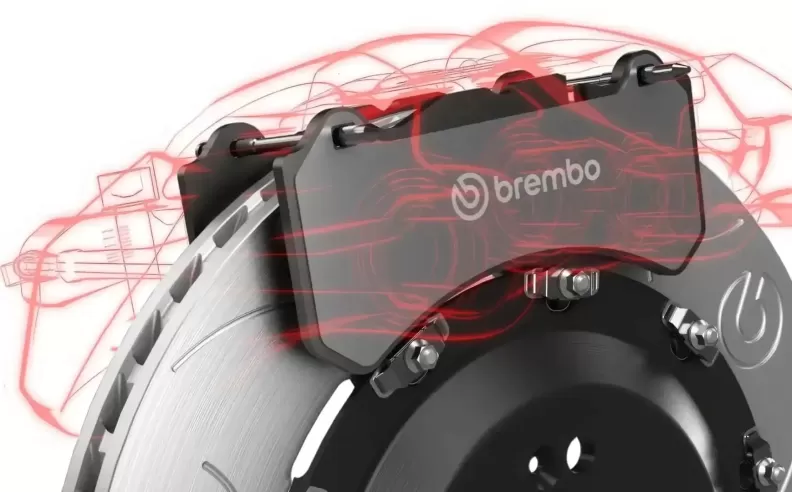
Hyundai Motor Group has recently unveiled a thought-provoking concept as part of its 2023 Ideas Festival – a program aimed at cultivating innovative ideas from its employees. The winning concept, "H-SOS," envisions a future where cars equipped with external microphones could function as proactive safety guardians, always on the lookout for signs of distress such as screams or explosions. While the concept sounds promising in its potential to enhance public safety, it also raises important ethical questions regarding privacy and surveillance.

The H-SOS concept proposes that cars, with the help of external microphones, can detect unusual sounds like screams or explosions. Upon identification of such events, the vehicle would automatically activate its headlights, hazards, and horn, simultaneously initiating the use of its built-in cameras to record the surrounding environment. The recorded footage would then be sent to law enforcement, along with the vehicle's location, creating a real-time alert system.
Additionally, in cases of severe crimes or disasters, the vehicle could extend its reach to nearby car owners, advising them to stay away from the affected area. The overarching goal of H-SOS is to create a social safety net that prevents crimes and accidents, particularly in blind spots where traditional surveillance may fall short.
While the intention behind H-SOS is to enhance public safety, the concept inherently introduces potential privacy risks. The constant monitoring and recording of public spaces by vehicles raise concerns about the surveillance state and the potential misuse of collected data. Without robust privacy protections, this technology could be exploited by governments or malicious entities to surveil individuals with minimal accountability.

To address these concerns, it is imperative that Hyundai Motor Group and other innovators in the field prioritize the implementation of robust privacy safeguards. These safeguards should include strict guidelines on data collection, storage, and sharing. Furthermore, transparency in the use of this technology, informed consent from users, and strict limitations on data retention are crucial to prevent any unintended consequences.
As technological advancements continue to shape our future, it is essential to strike a delicate balance between innovation and ethical responsibility. While H-SOS presents a promising vision for enhancing public safety, it is imperative that the implementation of such systems is guided by a strong ethical framework.
Hyundai Motor Group's H-SOS concept offers a glimpse into a potential future where vehicles actively contribute to public safety through continuous monitoring and rapid response mechanisms. However, the success of such innovations depends on a careful consideration of privacy implications and the implementation of robust safeguards. As we navigate the path towards a technologically advanced future, it is crucial for companies and policymakers to prioritize ethical considerations, ensuring that innovation serves the greater good without compromising individual privacy and civil liberties.

Wael is an automotive content writer specializes in creating written content for Motor 283. Producing a wide range of content, including blog posts, articles, product descriptions, reviews, and technical guides related to cars, trucks, motorcycles, and other vehicles, with an unprecedented passion for cars, and motorcycles.
